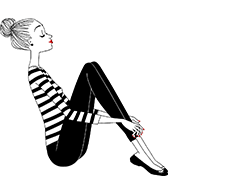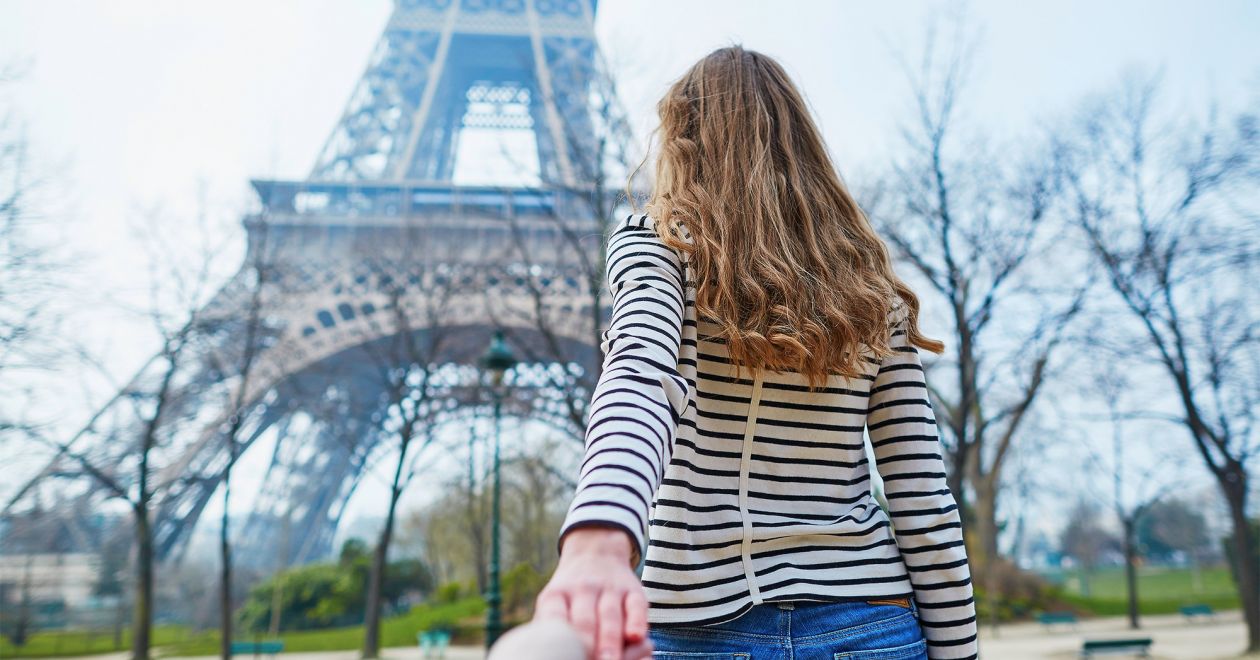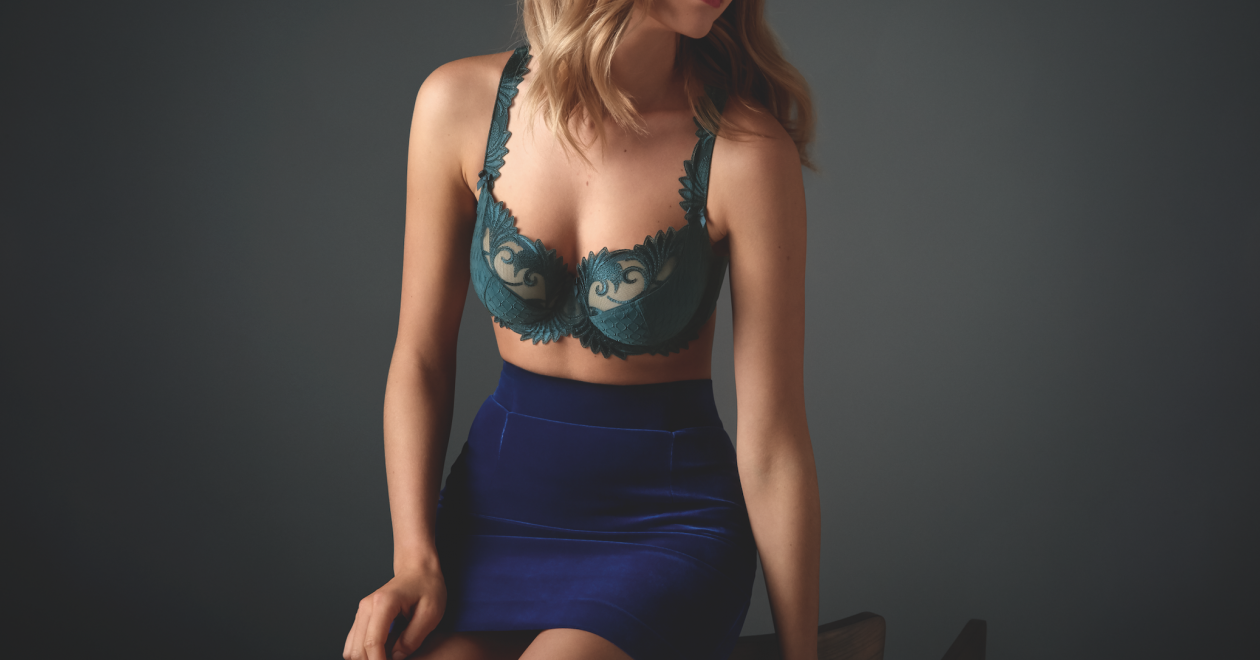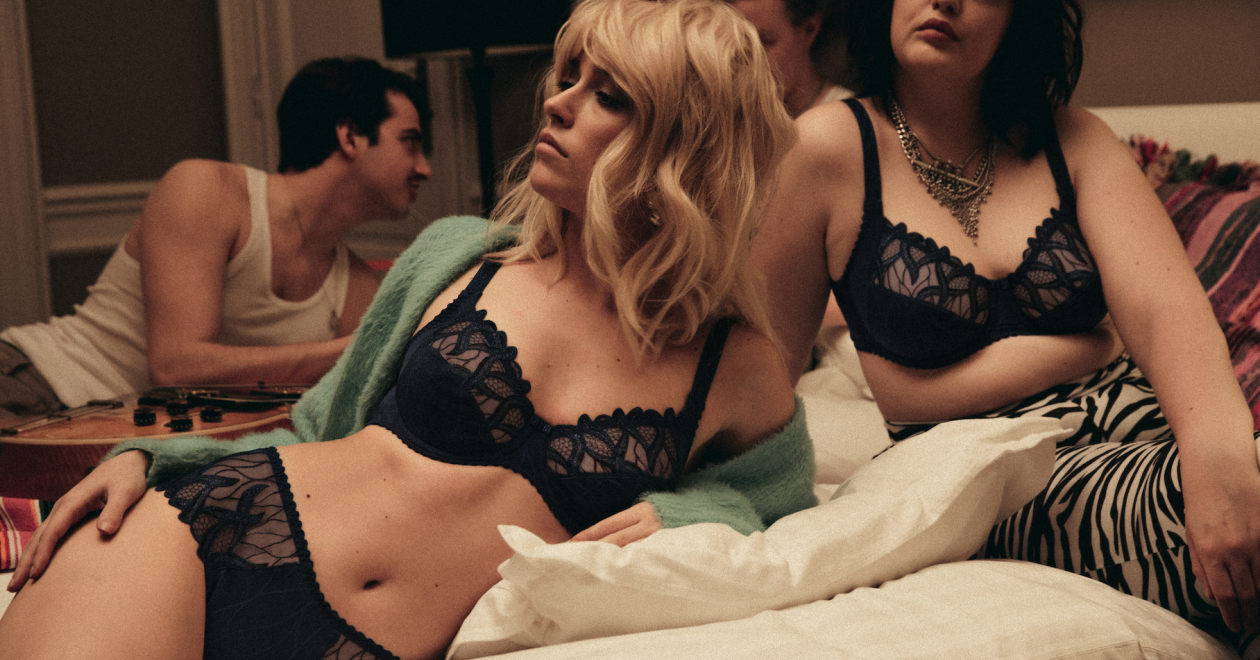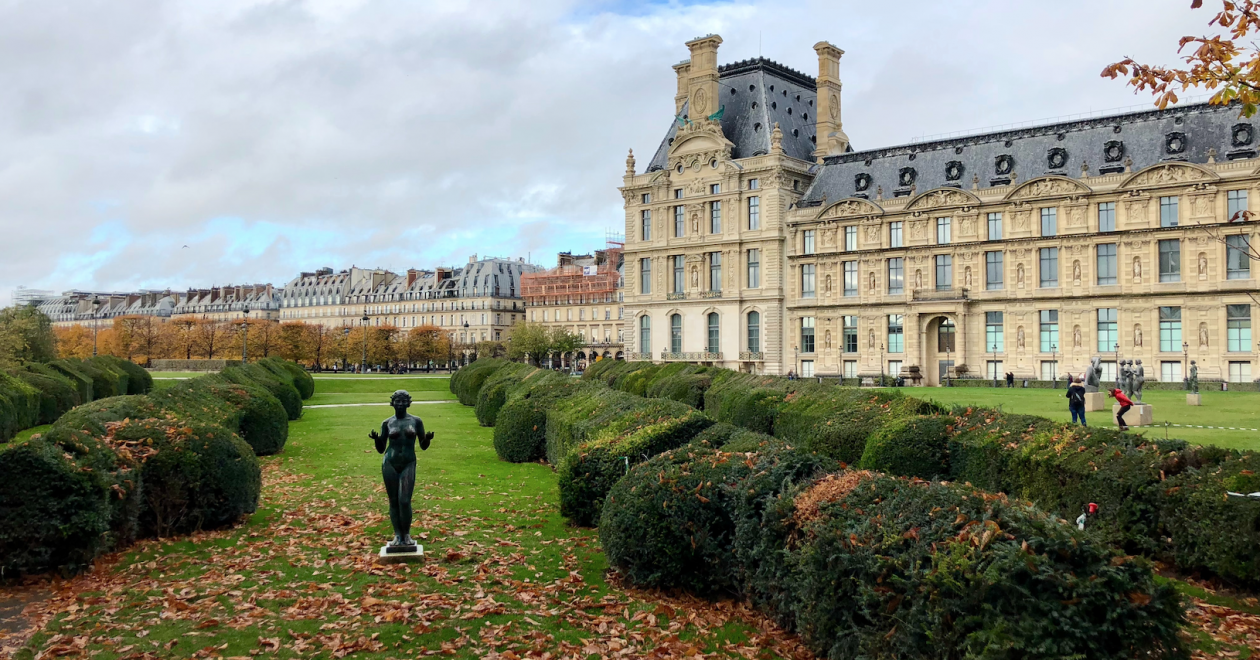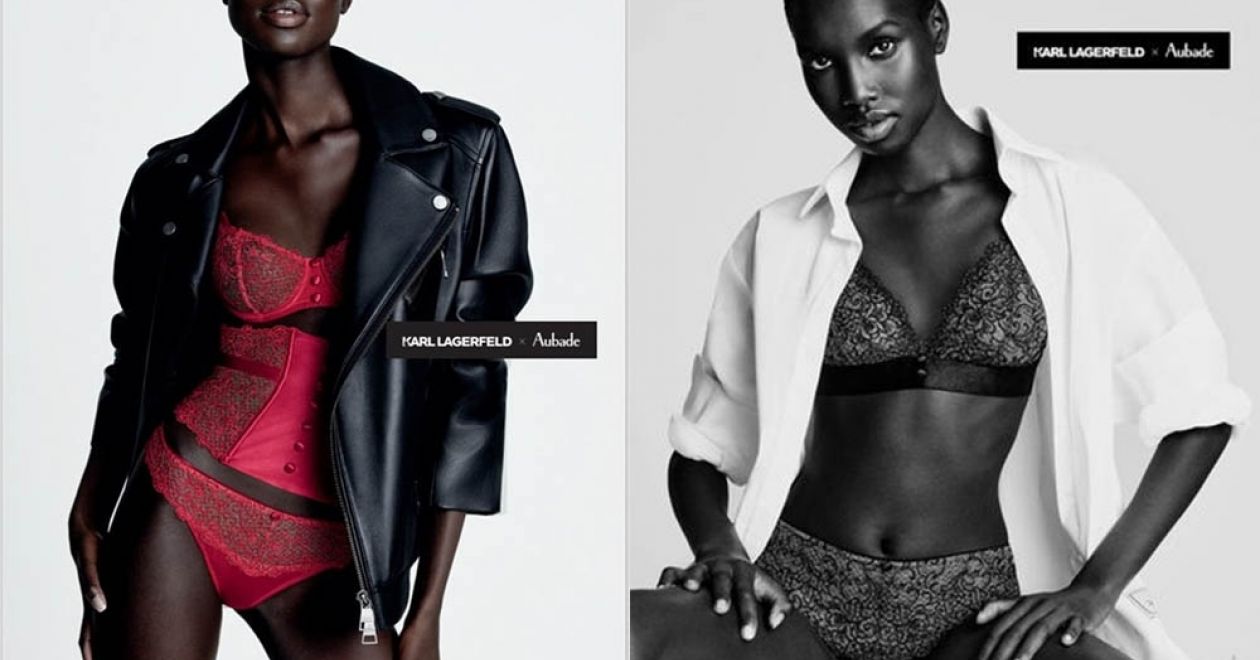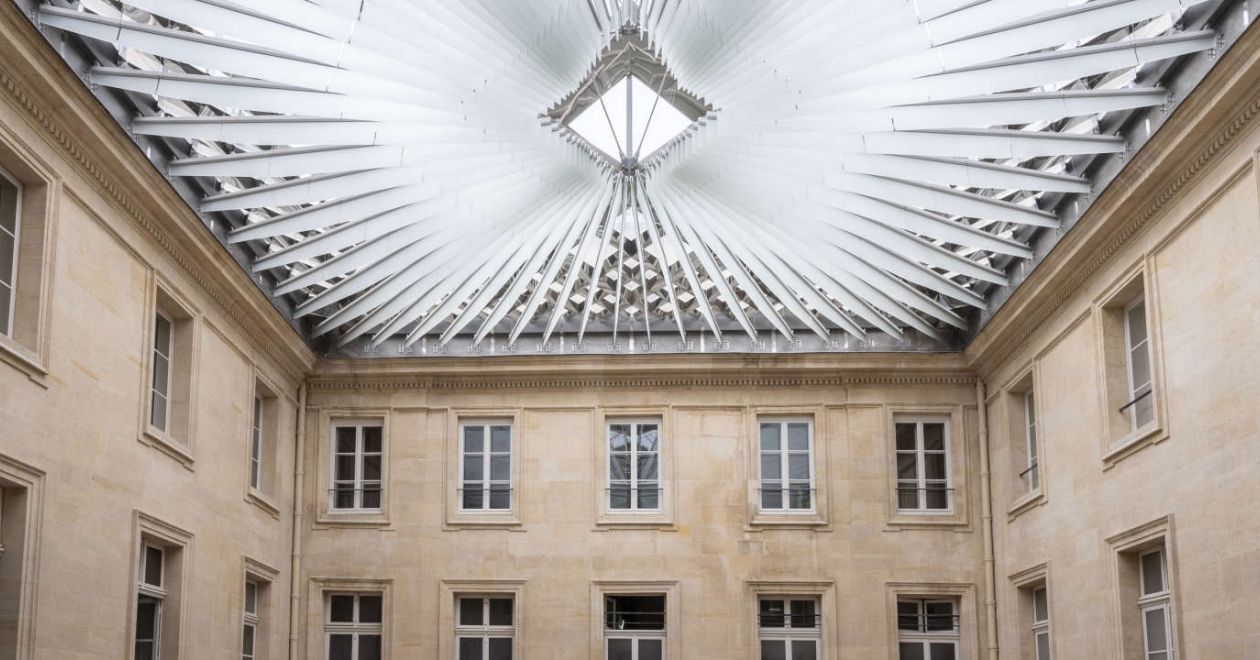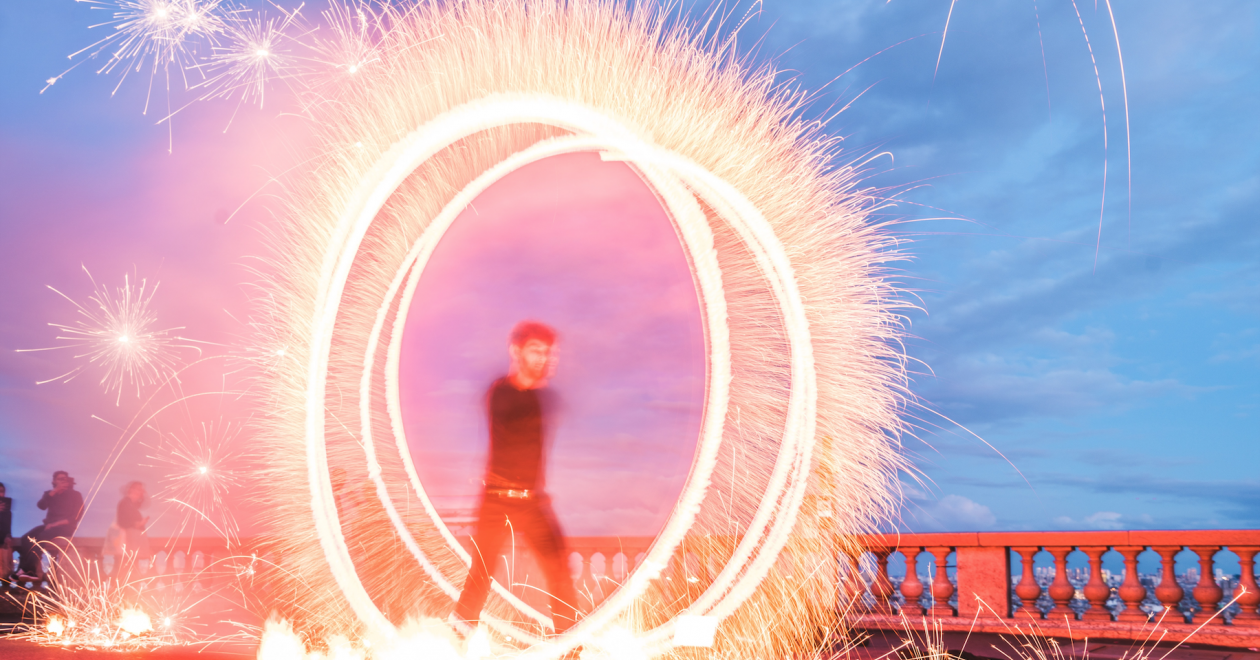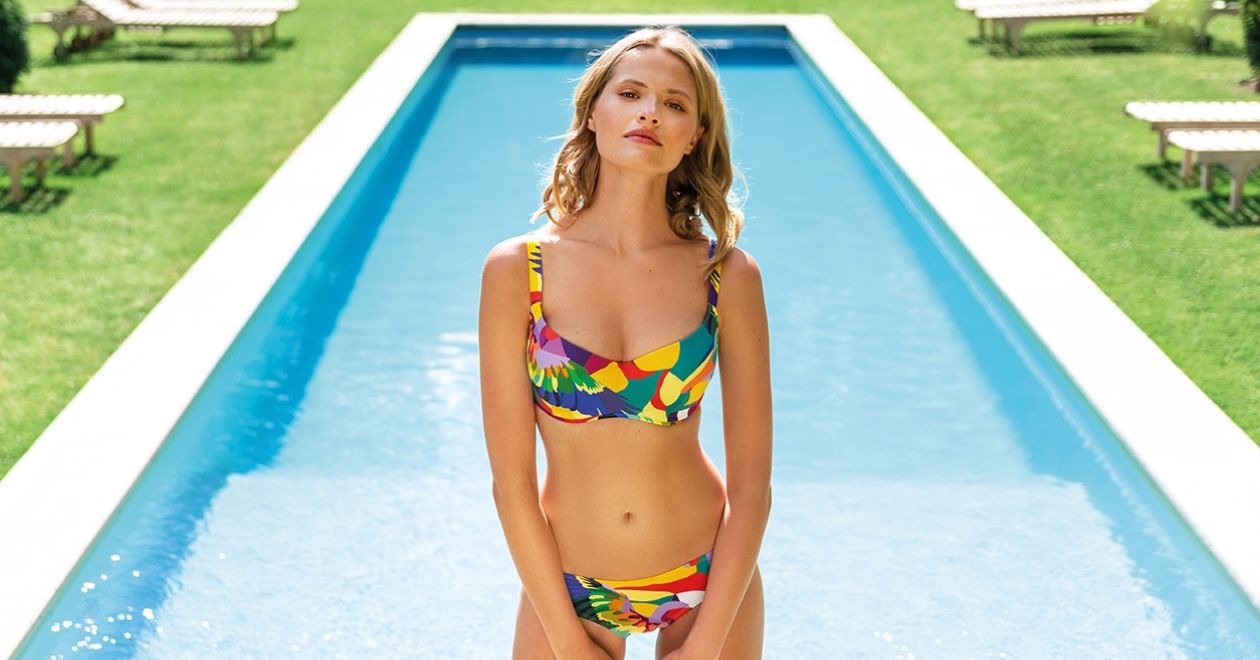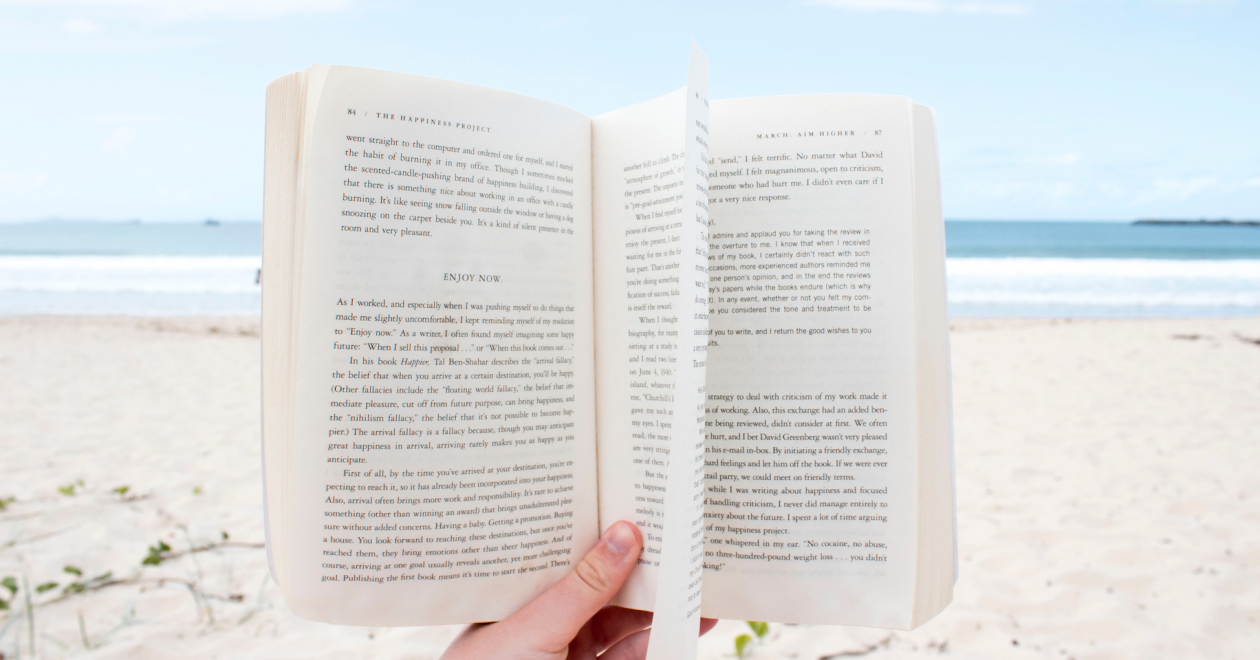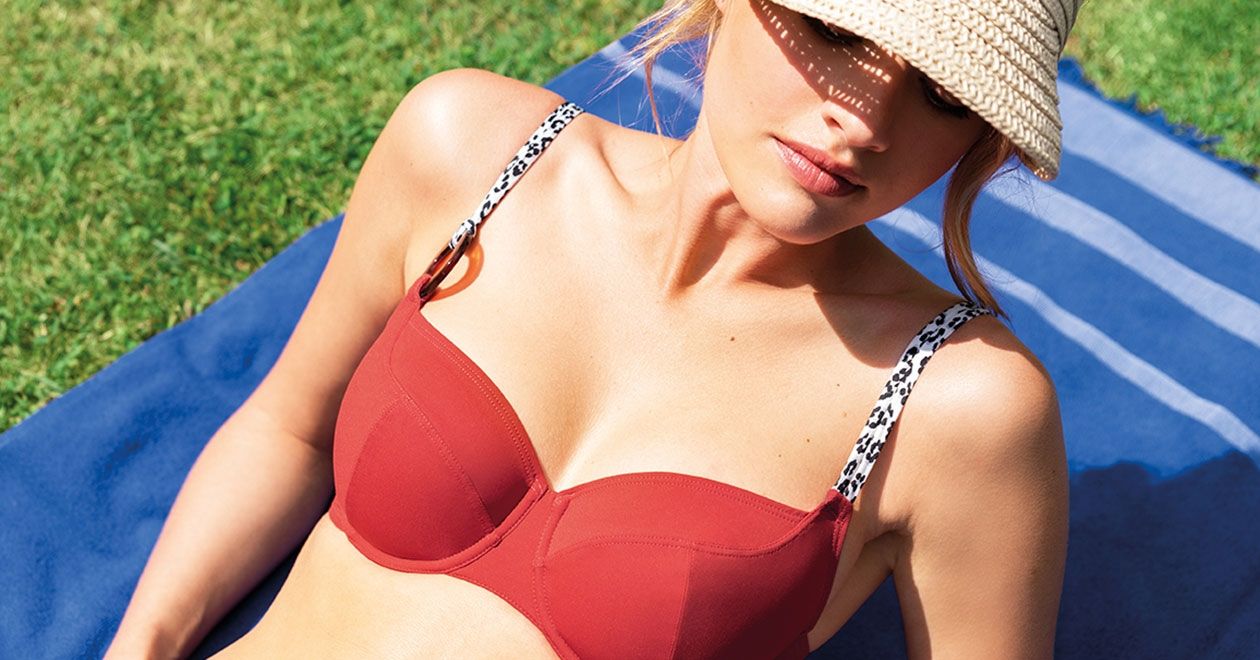America and France: A Love Story
An Affair That Goes Way Back (And Both Ways)
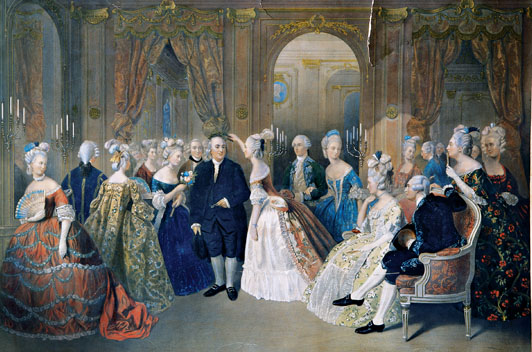 News flash: America has had a love affair with France for centuries. Okay, so sometimes it’s a love/hate affair – still, the two countries have been inextricably involved for a long, long time. We’re talking all the way back to our founding fathers (yeah, that would be Thomas Jefferson and Ben Franklin), who went to Paris in the 1700’s and reveled in all things French: wine, cuisine, art, history, politics and, of course, French women.
News flash: America has had a love affair with France for centuries. Okay, so sometimes it’s a love/hate affair – still, the two countries have been inextricably involved for a long, long time. We’re talking all the way back to our founding fathers (yeah, that would be Thomas Jefferson and Ben Franklin), who went to Paris in the 1700’s and reveled in all things French: wine, cuisine, art, history, politics and, of course, French women. In 1833, Ralph Waldo Emerson summed up what still remains a truth for many today when he wrote in his diary: “Young men are very fond of Paris, partly, no doubt, because of the perfect freedom— freedom from observation as well as interferences—in which each one walks after the sight of his own eyes.” Getting more to the point about why such perfect freedom might be Absolutely Fabulous, Washington Irving wrote that French women were “admirably calculated to set fire to the head and set fire to the tail.”
Given that men’s heads are often in their tails, the arrangement worked brilliantly. Ever since then, French women have enjoyed an alluring and even tarty reputation in the Anglo-Saxon mind: They’re coquettes, femmes fatales, sophisticates, fashion hounds, fabulous cooks, and rebels. Even their language is sexy to the Anglo ear. (“Tish! When you speak French, it drives me wild, cara mia!” Gomez famously declared to Morticia in The Addams Family.) Today an entire French women industry has spawned countless books about how to be, cook, dine, parent, dress, shop, and basically do-whatever-you-can-possibly-think-of like a French women.
All of this is positively bewildering to the French (of both genders), who are less inclined to gush about any one particular person, place, or thing – which is not to say that the French aren’t enamored with America. They’ve always admired America, from the time it was just a budding nation (yes, we’re back to those Founding Fathers) to the WW2 years, when American soldiers landed in a war-torn France with chocolates, cigarettes, nylons, chewing gum, canned food, lighters, and the most seductive thing of all: freedom. (In "The Spiker" newspaper, young French women were polled as far back as 1919 on their views about American men. Twelve out of eighteen preferred Americans for their "frankness, good naturedness, and lack of conceit.")
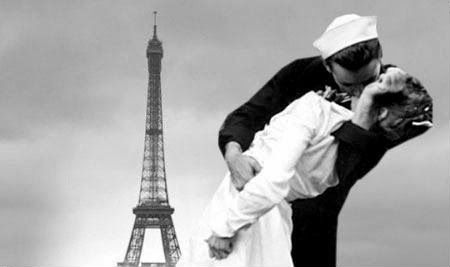 The decades that followed World War II were a drinking binge of cultural exchange that continues to this day, though we often forget that the French invented more than all things oo-la-la: They invented the microchip smart card, Braille, cinematography, the sewing machine, pasteurization, canning, the hot air balloon, and the aqua lung - and that’s just a partial list. That said, we’ll always love the French for their ability to exalt pleasure – or “le plaisir.”
The decades that followed World War II were a drinking binge of cultural exchange that continues to this day, though we often forget that the French invented more than all things oo-la-la: They invented the microchip smart card, Braille, cinematography, the sewing machine, pasteurization, canning, the hot air balloon, and the aqua lung - and that’s just a partial list. That said, we’ll always love the French for their ability to exalt pleasure – or “le plaisir.” For a definition of this elusive wonder, we turn again to the inimitable Edith Wharton, who with trademark acuity wrote of the French: “From their freedom of view combined with their sensuous sensibility they have extracted the sensation they call ‘le plaisir,’ which is something so much more definite and more evocative than what we mean when we speak of pleasure. ‘Le plaisir’ stands for the frankly permitted, the freely taken, delight of the senses, the direct enjoyment of the fruit of the tree called golden. No suggestions of furtive vice degrade or coarsen it, because it has, like love, its open place in speech and practice. . . . [T]o the French it is part of the general fearless and joyful contact with life.”
July 27, 2017
